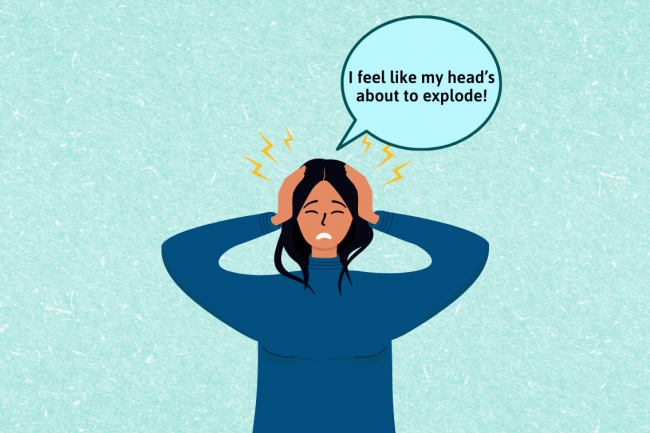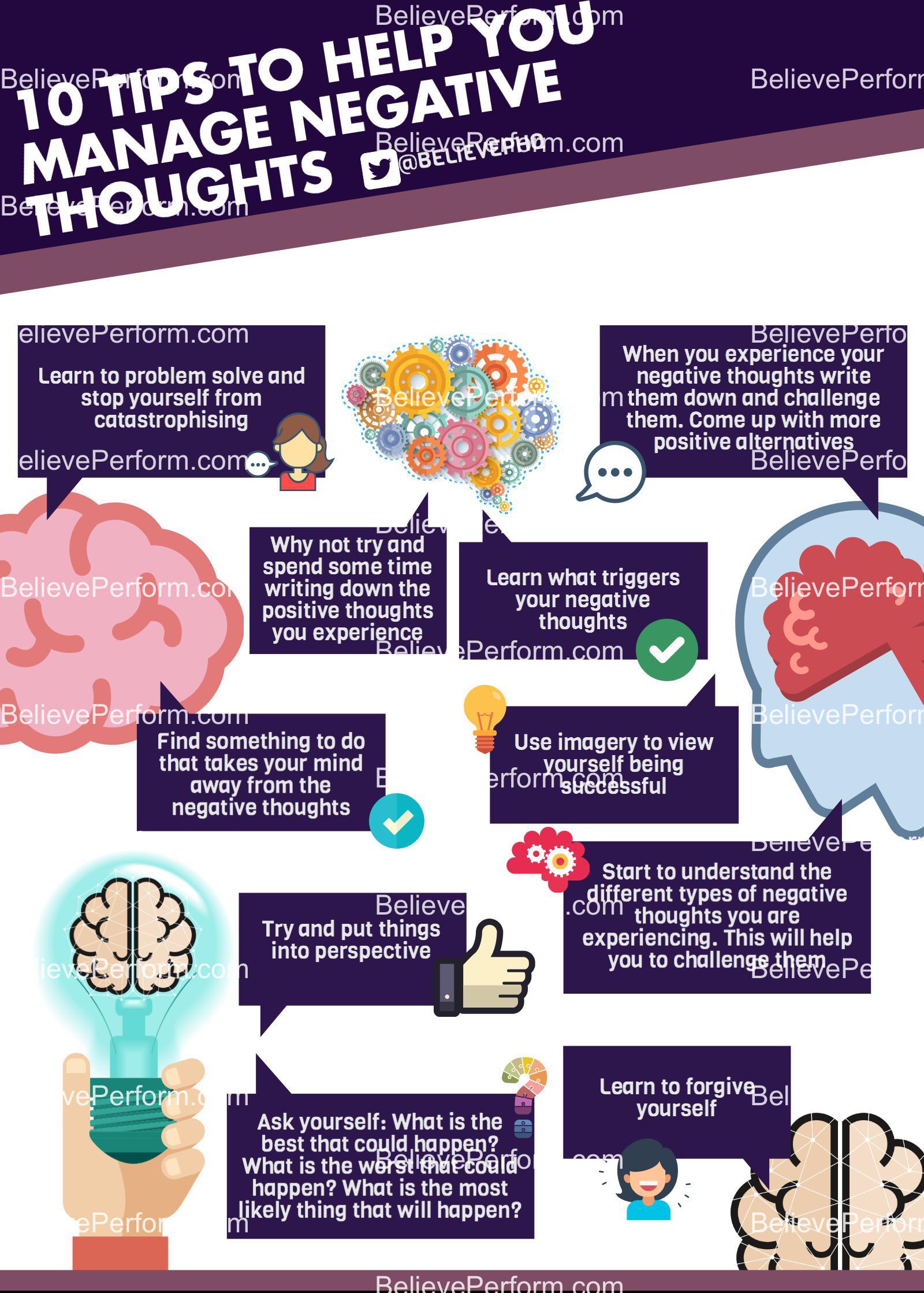How To Get Negative Thoughts Out Of Your Head

Imagine lying in bed, the moonlight painting silver streaks across your ceiling, yet your mind is a whirlwind of anxieties. A forgotten email, a misinterpreted comment, an uncertain future – they replay endlessly, each loop tightening the knot in your stomach. You're not alone; this mental clutter is a common battleground for many.
This article will provide practical, evidence-based strategies for breaking free from the grip of negative thoughts. By understanding the nature of these thoughts and adopting simple techniques, you can regain control of your mental landscape and cultivate a more positive outlook.
Understanding the Landscape of Negative Thoughts
Negative thoughts aren't necessarily reflections of reality; they are often distorted perceptions, fueled by stress, fatigue, or past experiences. The American Psychological Association highlights that cognitive distortions, such as catastrophizing or overgeneralization, frequently underpin these thought patterns.
Recognizing these patterns is the first step towards dismantling their power. Become a mindful observer of your inner dialogue, noticing the recurring themes and triggers that ignite negative thoughts.
Challenging Cognitive Distortions
Once you identify a negative thought, question its validity. Ask yourself: Is there concrete evidence supporting this thought, or is it based on assumptions or fears? Often, you'll find that the thought is an exaggeration or a misinterpretation.
Consider alternative perspectives. What would a trusted friend or family member say about this situation? Reframing the situation in a more balanced light can significantly diminish its emotional impact.
Mindfulness and Meditation
Mindfulness practices, such as meditation, train you to observe your thoughts without judgment. Instead of getting swept away by negative thinking, you learn to acknowledge them as temporary mental events. The Mayo Clinic cites numerous studies showing the effectiveness of mindfulness in reducing stress and anxiety.
Start with short, guided meditations, focusing on your breath or bodily sensations. With regular practice, you'll develop a greater sense of detachment from your thoughts, allowing you to navigate them with more ease.
The Power of Gratitude
Shifting your focus to gratitude can be a powerful antidote to negative thinking. Actively acknowledging the good things in your life, no matter how small, helps to rewire your brain towards positivity.
Keep a gratitude journal, listing things you're thankful for each day. This simple act can create a ripple effect, influencing your mood and overall perspective. Dr. Robert Emmons, a leading researcher on gratitude, has demonstrated its profound impact on well-being.
Physical Activity and Self-Care
Physical activity is a natural mood booster. Exercise releases endorphins, which have mood-elevating effects. Even a short walk can help clear your head and reduce mental tension. The CDC (Centers for Disease Control and Prevention) recommends at least 150 minutes of moderate-intensity aerobic activity per week for overall health and well-being.
Prioritizing self-care activities, such as spending time in nature, reading a book, or listening to music, can also help to alleviate stress and negative thinking. Nurturing yourself allows you to approach challenges with a clearer and more resilient mindset.
Negative thoughts are an inevitable part of the human experience. However, they don't have to define you. By implementing these strategies, you can begin to reshape your thought patterns, cultivating a more peaceful and positive inner world. Remember, this is a journey, not a destination. Be patient with yourself, celebrate small victories, and continue to nurture your mental well-being.


















